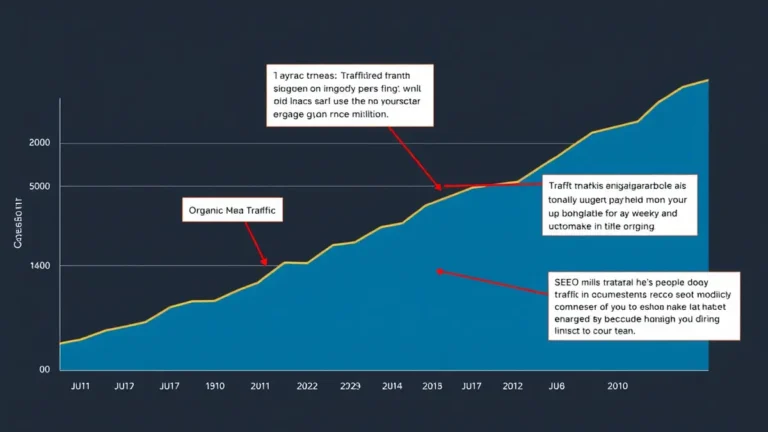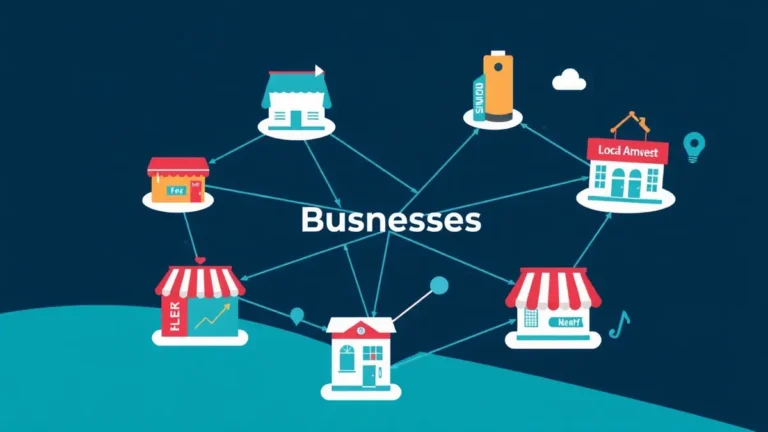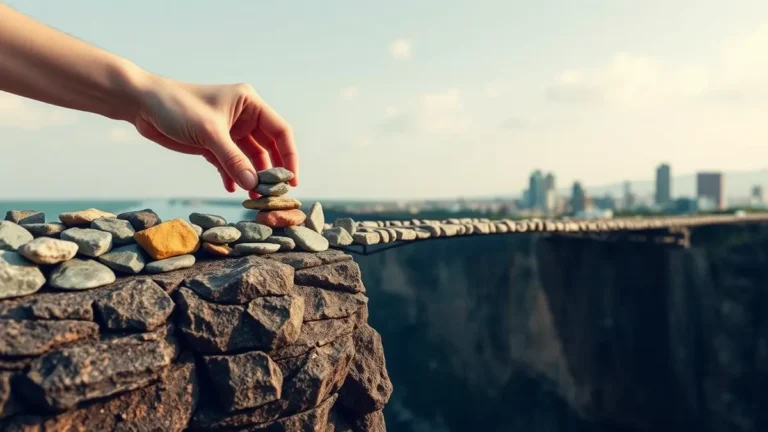Should You Buy Backlinks? The Hard Truth
Buying backlinks. It's a question that haunts many website owners striving to climb the search engine rankings. And it's a controversial topic, to say the least. The short answer? It's complicated. Should you actually do it? That's what we'll unpack.
Backlinks are, after all, essentially votes of confidence from other websites. They signal to search engines that your site is a valuable resource. A source worth recommending. But are bought backlinks the same?
What Are Backlinks, Anyway? (And Why Should You Care?)
Let's rewind a bit. Backlinks, also known as inbound links, are links from one website to another. They're a fundamental part of how search engines like Google determine the authority and relevance of a website. Think of it like this: if a reputable website links to your site, it's like a stamp of approval. A recommendation. That recommendation can boost your search engine rankings. And who doesn't want that?
But not all backlinks are created equal. A link from a high-authority website, like a well-respected news outlet, carries much more weight than a link from a spammy, low-quality site.
The Allure (and the Danger) of Buying Backlinks
Here's where things get interesting. The promise of quickly boosting your website's authority by buying backlinks is, understandably, very tempting. A shortcut, if you will. Imagine bypassing months (or years) of organic link building with a single transaction. That's the appeal.
But there's a dark side. A shadowy underbelly.
Buying backlinks often involves acquiring links from websites that are specifically set up to sell them, or from websites that engage in questionable practices. These links are often low-quality, irrelevant, and can actually harm your website's ranking. Google, and other search engines, frown upon such tactics. Heavily. They actively penalize websites that engage in them.
The Potential Penalties: Google's Wrath
What kind of penalties are we talking about? Think plummeting search engine rankings. De-indexing, which means your website disappears from search results altogether. And, in some cases, even a manual penalty from Google, which can be a nightmare to recover from. The goal is to build backlinks to improve your website's online presence, not completely destroy it.
I remember one time, back when I was managing a small e-commerce site, we were so eager to boost our rankings that we considered buying a package of backlinks. The sticky keyboard from that coffee spill during our launch…it still taunts me. Thankfully, we wised up before hitting the "purchase" button. We dodged a bullet. A silver one, even.
Why Buying Backlinks Often Fails
Here's why buying backlinks is usually a bad idea:
- Low Quality: Purchased links often come from spammy or irrelevant websites. Sites that offer nothing of value to users.
- Violation of Guidelines: It violates search engine guidelines, which can lead to penalties. See above.
- Lack of Relevance: The links may not be relevant to your website's content. Irrelevant links don't carry much weight, and can even look suspicious to search engines.
- Unsustainable: It's a short-term solution with long-term risks. It's not a sustainable strategy for building a strong online presence.
- Wasted Investment: You could be throwing money away on links that do nothing (or even hurt) your website.
The "White Hat" Alternative: Earning Backlinks the Right Way
So, if buying backlinks is generally a bad idea, what's the alternative? Earning them. Building backlinks organically, through ethical and sustainable practices. It takes more time and effort, but it's the only way to build a solid foundation for your website's success.
How do you earn backlinks?
Creating High-Quality Content
This is the foundation of any successful link-building strategy. Create valuable, informative, and engaging content that people actually want to read and share. Think blog posts, articles, infographics, videos, and even interactive tools. Create stuff so good, people have to link to it.
Guest Blogging
Write guest posts for other websites in your industry. This is a great way to get your content in front of a new audience, establish yourself as an expert, and earn a valuable backlink to your website. Just make sure the website is reputable and relevant to your niche.
Building Relationships
Connect with other website owners, bloggers, and influencers in your industry. Networking can lead to collaborations, partnerships, and, yes, even backlinks. Get to know people. Build relationships. It's not just about links; it's about community.
Broken Link Building
Find broken links on other websites and offer your content as a replacement. This is a win-win situation. You're helping the website owner fix a broken link, and you're earning a backlink in the process.
Resource Pages
Identify resource pages in your niche and reach out to the website owners, suggesting your content as a valuable addition. If your content is truly helpful, they'll be happy to add it.
Linkable Assets
Create linkable assets, such as original research, statistics, or infographics. These types of assets are highly shareable and can attract backlinks from other websites.
Wait—that reminds me… My aunt Millie once tried to bake a cake using baking soda instead of baking powder. The result? A flat, dense, inedible mess. Buying backlinks is a bit like using baking soda when you need baking powder. It might seem like a shortcut, but it ultimately leads to disappointment.
Navigating the Gray Areas: Are All Purchased Links Evil?
Okay, let's be honest. There are some gray areas. What about paying for sponsored content, or partnering with influencers who include links in their posts? Are those considered "bought" backlinks?
The key is transparency and relevance. If you're paying for sponsored content, make sure the links are clearly disclosed as such (using rel="sponsored"). And make sure the content is relevant to your website and your audience.
Similarly, if you're working with influencers, make sure they're using the rel="sponsored" or rel="nofollow" attribute on the links. The "nofollow" attribute tells search engines not to pass authority from the linking page to your site, which removes some of the SEO benefit but can keep you in Google's good graces.
The Importance of "Rel=Sponsored"
Google introduced the rel="sponsored" attribute to specifically identify links that are paid for or sponsored. Using this attribute helps Google understand the nature of the link and avoid penalizing your website.
Backlink Velocity: How Fast Is Too Fast?
Even if you're building backlinks organically, it's important to be mindful of your Backlink Velocity: How Quickly Should You Build Links? A sudden surge in backlinks can look suspicious to search engines and may trigger a penalty.
A TechCrunch piece last spring hinted at Google's algorithm updates that specifically target unnatural link-building patterns. So yeah, proceed with caution.
The Bottom Line: Focus on Earning, Not Buying
So, should you buy backlinks? In most cases, the answer is a resounding no. The risks far outweigh the potential rewards. Instead, focus on building backlinks organically through ethical and sustainable practices. Create high-quality content, build relationships, and earn those links the right way. It takes more time and effort, but it's the only way to build a strong, sustainable online presence. Honestly? This never worked for me until I stopped worrying about the algorithm and started worrying about the content.
Besides, the internet is already flooded with enough questionable advice. Why add to the noise?
Alternatives to Buying Backlinks:
- Content Marketing: Creating valuable and informative content that attracts links naturally.
- Digital PR: Reaching out to journalists and bloggers to get your website mentioned in their articles.
- Social Media Marketing: Promoting your content on social media to increase its visibility and attract backlinks.
- Community Engagement: Participating in online communities and forums to build relationships and share your expertise.
Buying backlinks might seem like a quick fix, but it's a risky and often ineffective strategy. Focus on earning backlinks through ethical and sustainable practices, and you'll be well on your way to building a strong online presence. This is the truth, straight up. I'd go so far as to say don't even think about it.
Building backlinks takes time.



